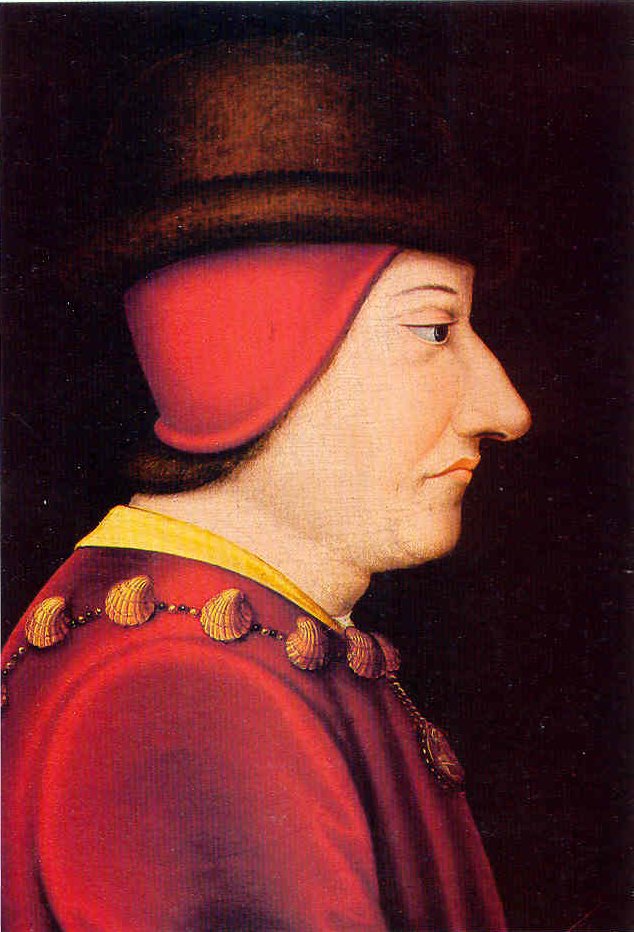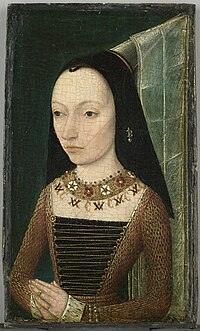Thande
Donor
Good start to a TL and seems well written.
One minor thing, the whole 'Wars of the Roses' idea was largely thought up in retrospect - although the roses were sometimes used as badges during the conflict, it was Henry Tudor who decided to emphasise them in the aftermath, probably because it meant he could easily combine the red and white roses to make a funky compromise symbol. Prior to that time, the more common symbol of Richard's supporters was the Sun of York, and sometimes the white boar of the Duchy of Gloucester.
In the battle banners used by the two sides at the Battle of Bosworth Field in OTL, you can see all these symbols, as well as Henry Tudor's Welsh Dragon.

One minor thing, the whole 'Wars of the Roses' idea was largely thought up in retrospect - although the roses were sometimes used as badges during the conflict, it was Henry Tudor who decided to emphasise them in the aftermath, probably because it meant he could easily combine the red and white roses to make a funky compromise symbol. Prior to that time, the more common symbol of Richard's supporters was the Sun of York, and sometimes the white boar of the Duchy of Gloucester.
In the battle banners used by the two sides at the Battle of Bosworth Field in OTL, you can see all these symbols, as well as Henry Tudor's Welsh Dragon.


